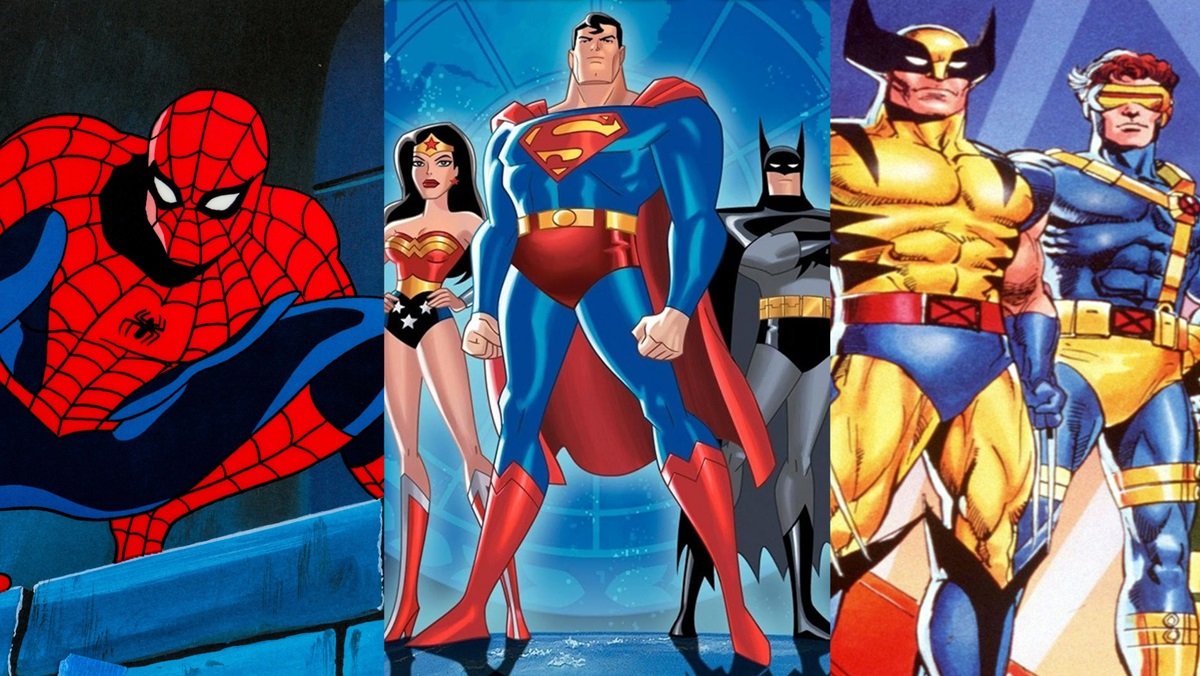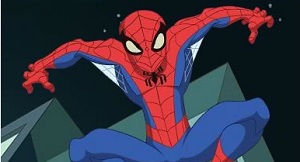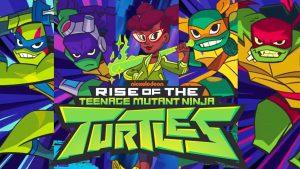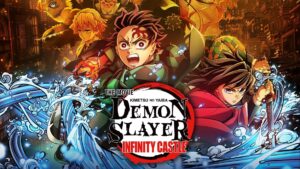Editorial: Animation Studios Need To Stop Relying on Existing IP

An article from Variety released in August stated that Disney is having trouble appealing to Gen Z males. This article states that old profitable franchises like Marvel and Star Wars no longer appeal to Gen Z men, and Disney has started to look to new areas to find IP that appeals to this demographic.

It seems like animation studios, not just Disney, but Warner Bros, Paramount, etc, are suffering from the same problem. For a long time, most of the output of these animation studios has been the same franchises over and over again. How many cartoon series have been produced about the Teenage Mutant Ninja Turtles and Spider-Man in the last 15 years? At one point in 2017 and 2018, you had a new TMNT and Spider-Man cartoon series start up almost right after the old cartoon series ended. It felt like the market was oversaturated with IP-based cartoon series.
How many times can animation studios recycle the same premises before they become tired? How many times can Peter Parker get bitten by a mutated spider and learn about great power and great responsibility before it becomes boring? How many times can turtles get mutated by ooze and learn martial arts before it becomes dull? At least Superman, Batman and the X-Men took a long break between their latest animated adventures and their previous ones, but those are not new franchises. Other 80s toy franchises like Transformers have gotten several animated adaptations over the years, and even Masters of the Universe has had several animated adaptations recently. There is only so long that animation studios can rely on Marvel or DC comics and 80s toy franchises before it become stale.

Now I like some of the recent IP-driven shows like X-Men 97, Batman: Caped Crusaders, She-Ra and the Princesses of Power, Your Friendly Neighborhood Spider-Man, etc. The problem isn’t quality, it’s creativity. At least X-Men 97 and She-Ra, Princesses of Power, put a new spin on the source material. But at the end of the day, relying on the same old franchises over and over again has meant new properties have been given much fewer chances to make an impact. It feels like animation studios were unwilling to invest in making new properties that this generation of kids can call their own. There are exceptions; Disney was making new series like Owl House and Amphibia recently, but both of those shows have ended. The creator of the Owl House now works for indie studio Glitch rather than Disney.
It seems like when it comes to making new properties that appeal to people, anime and indie studios are leaving the traditional animation studios in the dust. Shows like Hazbin Hotel, Helluva Boss and the Amazing Digital Circus have become very popular and were not based on traditional IP. Would the traditional animation studios have been willing to take a chance on these animated properties, or would they have to go the indie route, at least at first, to get noticed by the public?

Dana Terrance, the creator of The Owl House, is making a new adult animated indie series at Glitch Productions, Knights of Guinevere, which pokes fun at her former employer. It seems like the traditional animation studios are willing to throw away talented animation creators in favor of sticking with the same old properties. For several years, Nickelodeon would send new exciting, animated projects to die on Nicktoons if they didn’t get the same ratings as SpongeBob SquarePants right away.
The Anime industry is being more creative than the traditional animation studios and has created exciting new properties that appeal to Gen Z. The new Demon Slayer movie generated 70 million at the US box office in one weekend. Manga constantly creates new properties, while Marvel and DC rely on the same old decade-old franchises. Manga is more affordable than DC or Marvel comics. Manga is also easier to get into because Manga series usually have one writer writing a story. DC and Marvel have stories that never end, written by several writers over the course of several decades. Manga seems to have more appeal to Gen Z than DC or Marvel comics.

Not all hope is lost, though. Disney is looking for new IP to appeal to Gen Z and is making a new animated film, Hexed, that is an original IP. In 2026, there are several original animated films being released in theatres alongside the usual sequels and established IP works. Streaming services like Amazon Prime are making deals to stream indie series like Hellva Boss and Hazbin Hotel. The success of the new Demon Slayers movie proves that there is a hunger for animated films that are not based on the same old overexposed Western franchises. You can still have great work based on existing IP, but people will always want to see new, exciting properties as well. It’s up to the traditional animated studios to see if they are willing to take a chance on something new and meet that demand.
Discuss this article on the Toonzone Forums!
The post Editorial: Animation Studios Need To Stop Relying on Existing IP appeared first on Anime Superhero News.
